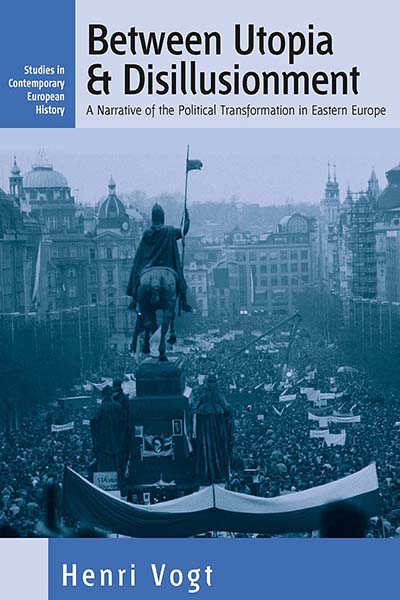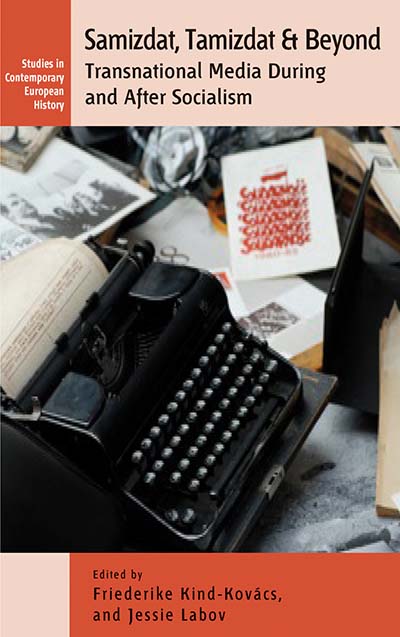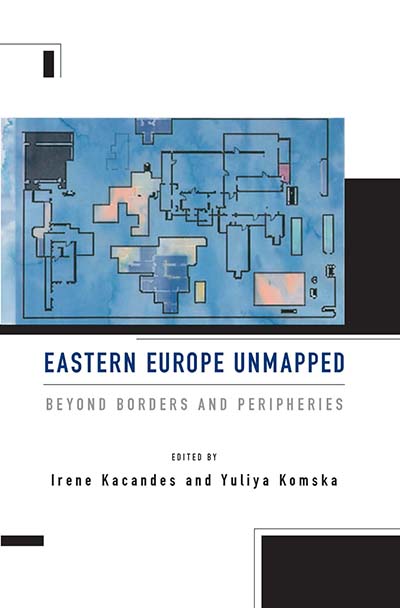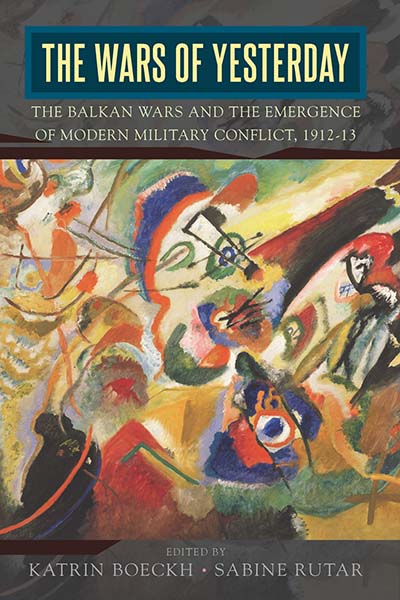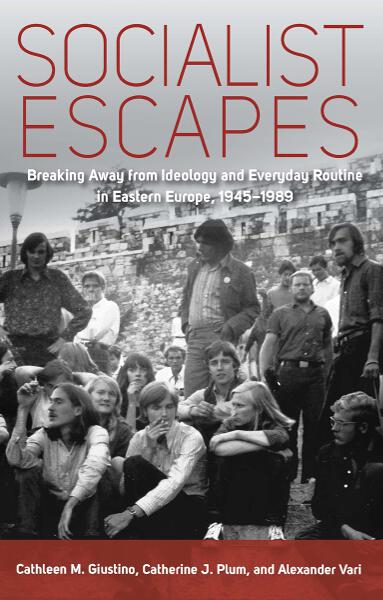
See Related
History JournalsEmail Newsletters
Sign up for our email newsletters to get customized updates on new Berghahn publications.
Socialist Escapes
Breaking Away from Ideology and Everyday Routine in Eastern Europe, 1945-1989
Edited by Cathleen M. Giustino, Catherine J. Plum, and Alexander Vari
294 pages, 12 figures, bibliog., index
ISBN 978-0-85745-669-4 $135.00/£104.00 / Hb / Published (March 2013)
ISBN 978-1-78238-925-5 $29.95/£23.95 / Pb / Published (June 2015)
eISBN 978-1-80758-368-2 eBook
Reviews
“Socialist Escapes is informed by the best recent work on late Socialist society, everyday life, and tourism, and it is theoretically sophisticated. The chapters are uniformly high in quality and interesting to read. Scholars interested in museum studies, travel and tourism, and post-War East European culture will all find the book useful and informative. The volume does an excellent job of illustrating the diversity of post-War Eastern European culture, breaking down stereotypes about the supposedly monolithic nature of Socialist societies, and disrupting binary oppositions between official and unofficial culture. This is an excellent contribution to the new wave of literature on post-War Socialist societies.” · Slavic and East European Journal
“This engaging, uniformly well-written and remarkably coherent edited volume uses the category of ‘socialist escapes’ as a way to explore the challenges, pleasure and paradoxes of life under Communism in Eastern Europe.” · Slavonic & East European Review
“… a rare book. It is rare because amidst a plethora of social sciences and historical literature it does not join a chorus of socialism’s dismissal, and amidst a range of anthropological literature it does not simply investigate socialism’s effects on people’s everyday economic, cultural, and social lives… Rather, it seeks to highlight those effects that are usually neglected and negated: the possibility of pleasure and fun of living in the socialist world … [and] provides a much-needed antidote to stereotyped representations of socialism as monotonous, dreary, and dull... Scholars and students of anthropology, sociology, political science, and Eastern European and Slavic studies are sure to enjoy this book." · Anthropology of East Europe Review
“There is much to admire in this volume, which will be useful to more than just specialists or students of the socialist bloc. As Giustino points out, socialist leisure was embedded in a longer history of industrial capitalism. This volume therefore makes a welcome contribution to our understanding of links between leisure and conformity, between ideology and agency, that transcend the differences between communism and capitalism.” · German Studies Review
"The biggest accomplishment of [this] volume lies in [its] ability to overcome the limits of the popular binary oppositions such as the state vs. the people, oppression vs. resistance, official culture vs. counter-culture, official market vs. black/gray markets, etc. … [It] draws the reader's attention to the complexity of relations and networks under state socialism and adds many colors to the everyday life experiences in socialist Central and Eastern Europe, still commonly related to as gray." · AHEA: E-Journal of the American Hungarian Educators Association
“A superb collection of essays focusing on what the authors refer to as ‘socialist escapes’ in postwar eastern Europe under state socialism, i.e., on the everyday efforts of ordinary individuals to escape regime regimentation and control, as well as the challenges of everyday life, through a variety of leisure pursuits and activities.Written by a group of talented young scholars who demonstrate a thorough grounding in the former East European archives, the essays are well written and cohere very nicely.” · Andrew I. Port, Wayne State University
Description
During much of the Cold War, physical escape from countries in the Eastern Bloc was a nearly impossible act. There remained, however, possibilities for other socialist escapes, particularly time spent free from party ideology and the mundane routines of everyday life. The essays in this volume examine sites of socialist escapes, such as beaches, campgrounds, nightclubs, concerts, castles, cars, and soccer matches. The chapters explore the effectiveness of state efforts to engineer society through leisure, entertainment, and related forms of cultural programming and consumption. They lead to a deeper understanding of state–society relations in the Soviet sphere, where the state did not simply “dictate from above” and inhabitants had some opportunities to shape solidarities, identities, and meaning.
Cathleen M. Giustino is Professor of History at Auburn University where she teaches courses on modern Central and Eastern European history.
Catherine J. Plum is Associate Professor of History at Western New England University where she teaches courses on modern European and German history.
Alexander Vari is Associate Professor of Modern European History at Marywood University.

